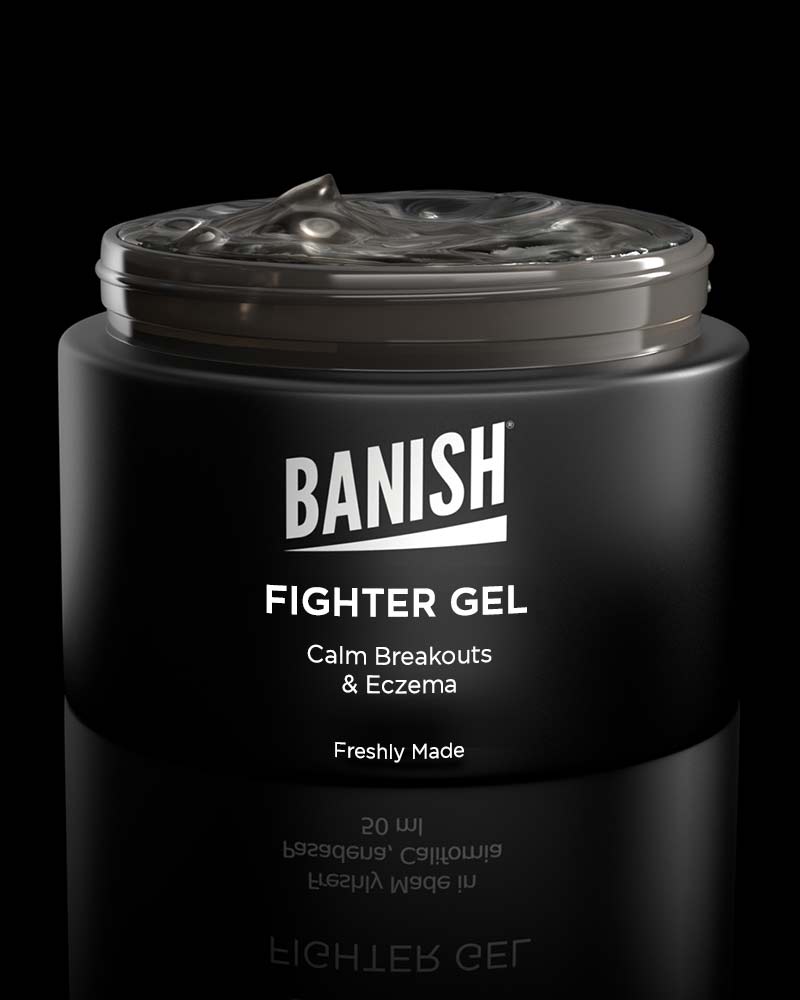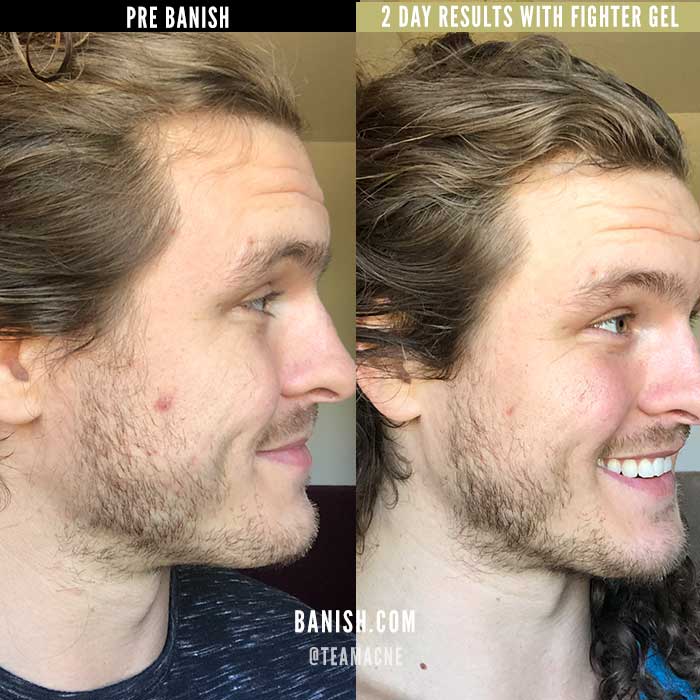
Anyone who has ever had acne knows that there's not a whole lot to celebrate about it. Sure, we may all find our own "silver lining" to our individual case - for me, acne helped me stay humble, it helped me to be sympathetic the innermost struggles of people around me, it helped me appreciate myself for more than my outer appearance, etc. But aside from these individual wins that come from battling acne, we've got little else to be excited about regarding those stubborn lesions we get - after all, the sometimes-pus-filled bumps are an eyesore, hard to get rid of and can leave permanent scars if you’re not careful.
However, new research points to one potential upside: Scientists at King’s College London found that those with acne-prone skin may be better protected against aging. The researchers report, "People who have previously suffered from acne are likely to have longer telomeres (the protective repeated nucleotides found at the end of chromosomes) in their white blood cells, meaning their cells could be better protected against aging. Telomeres are repetitive nucleotide sequences found at the end of chromosomes which protect them from deteriorating during the process of replication. Telomeres gradually break down and shrink as cells age, eventually leading to cell death which is a normal part of human growth and aging."
Previous studies have shown that white blood cell telomere length can be predictive of biological aging and is linked with telomere length in other cells in the body.
Essentially, researchers examined the white blood cells of over 1,205 British female twins, a quarter of whom had previously experienced acne. They found that those who had suffered from acne had white blood cell telomeres that were “significantly” longer than the white blood cell telomeres of those who had never experience acne, meaning that the white blood cells of acne sufferers are better protected against deterioration.
Dermatologists have long noted that the skin of acne sufferers appears to age more slowly than the skin of those with no history of acne. Signs of aging such as wrinkles and skin thinning often appear much later in people who have experienced acne in their lifetime. It has been suggested that this is due to increased oil production but there are likely to be other factors involved.
The researchers also examined gene expression in pre-existing skin biopsies from the same twins to identify possible gene pathways linked to acne. One gene pathway (the p53 pathway), which regulates programmed cell death, was found to be less expressed in acne sufferers' skin. This requires further investigation to identify other genes involved in cell aging and how they differ in acne sufferers.
So, our acne-prone skin may cause us physical and emotional turmoil at times, but look on the bright side - we appear to age more slowly than clear-skinned folks.
*Limitations of the study include an entirely female twin cohort and it also did not identify a causal relationship. The study also primarily used self-reporting of acne severity and treatment.
------------------------------------------------------------------------------
Guest Blog By:

I first got acne in high school, and it came back in my early adulthood. I was able to struggle through those difficult times and come out of it a stronger, wiser, healthier person as a result. I'm here to help you do the same thing!
Connect with Veganacnesufferes on: Youtube Twitter
--------------------------------------------------------------------------













1 comment
Susan
This is exactly what my demotalgist said in the 1960’s. Now I am 66 and I must say I do look a little younger than my age. I also use banish on my ancient acne scars and wrinkles. Hey it works! I have had laser treatments and banish works just a well.
Leave a comment
All comments are moderated before being published.
This site is protected by hCaptcha and the hCaptcha Privacy Policy and Terms of Service apply.